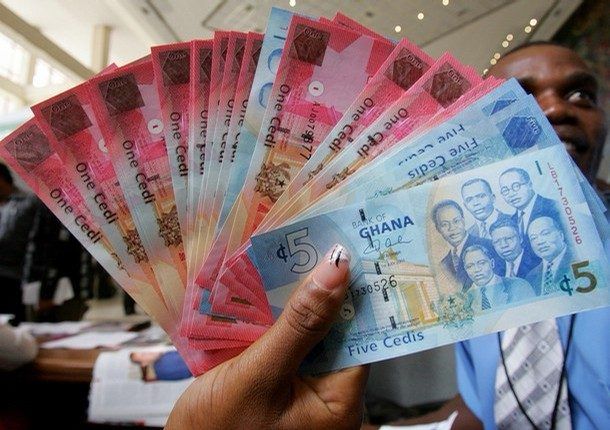Ghanaian Cedi Exhibits Stability Against Major Currencies
The Ghanaian cedi has demonstrated commendable stability against major international currencies, particularly the United States dollar, as of April 10, 2025. This stability is reflected in the relatively narrow spread between buying and selling rates across various exchange platforms. Data from Cedirates.com, a trusted source for currency information in Ghana, indicates a buying rate of GHS15.43 per dollar and a selling rate of GHS15.85. This suggests a healthy and balanced currency market, with neither excessive demand nor supply pressures significantly impacting the exchange rate. The stability observed in the cedi’s performance against the dollar underscores the effectiveness of Ghana’s monetary policies and the overall health of the Ghanaian economy.
Forex Bureaus and Interbank Market Align on Cedi Valuation
Forex bureaus, which cater primarily to individual currency exchanges, offer slightly different rates compared to the interbank market. At forex bureaus, the buying rate for dollars (exchanging dollars for cedis) stands at GHS15.75, while the selling rate (exchanging cedis for dollars) is GHS16.05. This marginal difference compared to the interbank rates is typical, reflecting the operational costs and profit margins of forex bureaus. The interbank market, where financial institutions trade currencies, exhibits a tighter spread, with a buying rate of GHS15.52 and a selling rate of GHS15.54 per dollar. This convergence between forex bureau rates and interbank rates further strengthens the narrative of a stable and predictable cedi valuation.
Cedi Holds Steady Against British Pound and Euro
The Ghanaian cedi also demonstrates resilience against other major currencies, specifically the British pound and the euro. The average exchange rate for converting pounds to cedis is GHS19.71, while converting cedis to pounds stands at GHS20.39. Similarly, the euro exchange rate is GHS16.82 for buying cedis and GHS17.54 for selling cedis. These exchange rates reflect the relative strength of the cedi against these currencies and suggest a balanced trade relationship between Ghana and the respective economic zones. The consistent performance of the cedi against these major currencies further reinforces its stability and predictability in the global forex market.
Bank of Ghana Interbank Market and Money Transfer Services Offer Competitive Rates
The Bank of Ghana’s interbank market provides benchmark rates for other financial institutions. The pound sells at GHS19.84, and the euro trades at GHS17.15 in this market. These rates are closely aligned with the broader market trends, indicating a well-functioning and transparent currency exchange system. Money transfer services like LemFi and Afriex offer competitive rates for remittances from the US and UK to Ghana. LemFi offers a dollar rate of GHS15.33, while Afriex offers GHS15.59. For the pound, LemFi provides a rate of GHS19.80, and Afriex offers GHS20.14. For the euro, Afriex offers GHS17.22, and LemFi provides GHS16.80. These competitive rates facilitate international money transfers and contribute to the overall stability of the cedi.
Digital Subscription Payments Utilize Standardized Exchange Rates
For digital subscriptions like Netflix, Spotify, and Apple Music, payments using Visa and Mastercard are subject to a standardized exchange rate of GHS16.64 per dollar. This unified rate simplifies transactions for consumers and ensures transparency in international digital service payments. The standardized rate for digital subscriptions contributes to a predictable and user-friendly experience for Ghanaian consumers accessing international online services.
Overall Cedi Stability Reflects Sound Economic Fundamentals
The consistent performance of the Ghanaian cedi against major international currencies signifies a stable and resilient economy. This stability is underpinned by sound monetary policies, controlled inflation, and a balanced trade environment. The relatively narrow spreads between buying and selling rates, both at forex bureaus and on the interbank market, further reinforce this stability. The competitive rates offered by money transfer operators and the standardized rates for digital subscriptions contribute to a transparent and efficient foreign exchange ecosystem. This overall stability of the cedi fosters investor confidence, promotes economic growth, and facilitates international trade and investment.














